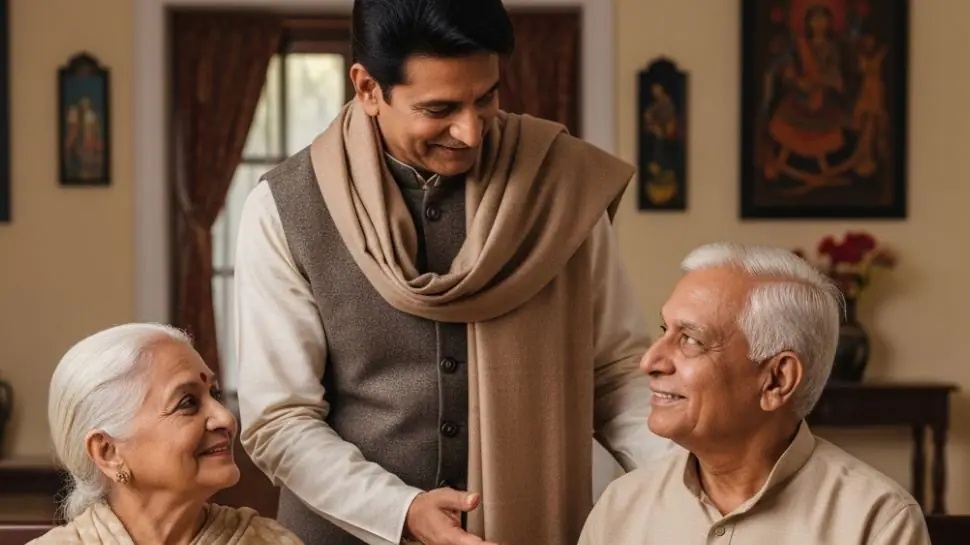
Policy Update for Central Government Employees
Central government employees are now permitted to utilize up to 30 days of annual earned leave for personal reasons, including caregiving responsibilities for elderly parents, according to a recent clarification by Union Minister of State for Personnel Jitendra Singh. The announcement, made during a question in the Rajya Sabha, emphasizes the flexibility of leave policies to address evolving family needs. This provision aligns with the Central Civil Services (Leave) Rules, 1972, which already outline a comprehensive framework for leave entitlements. The minister highlighted that employees can leverage this leave for any personal purpose, ensuring a balance between professional obligations and familial duties. This update reflects the government’s commitment to supporting its workforce in managing both career and caregiving challenges.
Leave Entitlements Under the 1972 Rules
The Central Civil Services (Leave) Rules, 1972, form the backbone of leave policies for central government employees. These rules grant 30 days of earned leave annually, alongside 20 days of half-pay leave, eight days of casual leave, and two days of restricted holidays. The recent clarification expands the scope of earned leave to include caregiving for elderly parents, a provision that has gained prominence due to societal shifts in family dynamics. Union Minister Jitendra Singh’s response to a parliamentary query underscored that such leave can be availed for any personal reason, including but not limited to family care. This flexibility aims to reduce the burden on employees while ensuring they can fulfill their caregiving responsibilities without compromising their professional commitments.
Context of Caregiving Responsibilities
The growing emphasis on elderly care has prompted governments to revisit leave policies to support working families. With aging populations and increasing life expectancy, caregiving responsibilities have become a significant challenge for many employees. The inclusion of elderly parent care under earned leave provisions addresses this issue by allowing employees to take time off without jeopardizing their career progression. This policy change is part of broader efforts to create a work environment that accommodates diverse personal circumstances. By recognizing caregiving as a legitimate personal reason, the government is fostering a more inclusive and supportive workplace culture. Such measures not only benefit employees but also contribute to overall social well-being by alleviating the pressures of family care.
Impact on Employees and Work-Life Balance
The new policy is expected to have a positive impact on the work-life balance of central government employees, particularly those with caregiving responsibilities. By allowing 30 days of leave for elderly parents, the government is acknowledging the importance of family in an employee’s life. This provision can help reduce stress and improve mental health, leading to increased productivity and job satisfaction. Additionally, it sets a precedent for other organizations to adopt similar policies, promoting a more compassionate approach to workplace management. The clarification also ensures that employees are not penalized for taking leave to care for their parents, reinforcing the idea that work and family responsibilities can coexist harmoniously.
Category Relevance and Broader Implications
The policy update is particularly relevant for category ID 6 (Central Government Employees) and has implications for other state government employees as well. While the specific provisions are tailored for central government workers, the underlying principle of supporting caregiving responsibilities can inspire similar policies across state administrations. The inclusion of elderly parent care in leave entitlements highlights the government’s recognition of the evolving needs of its workforce. As more employees seek work-life balance, such policies will play a crucial role in shaping a supportive and flexible work environment. This development underscores the importance of adapting workplace policies to meet the diverse needs of employees, fostering a culture of empathy and understanding.




